High cost of living in Colorado Springs continues to rise despite COVID-19 pandemic
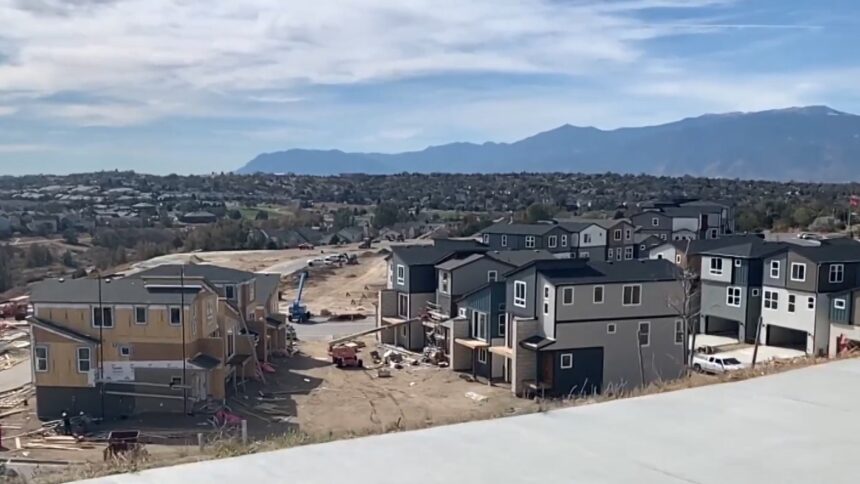
COLORADO SPRINGS, Colo. (KRDO) -- As the coronavirus pandemic enters its ninth month in Colorado, it has slowed or stopped many aspects of the economy but seems to have no effect on the continued high cost of living in Colorado Springs.
According to the Virginia-based Council for Community and Economic Research, the city's cost of living index during the third quarter of 2020 was its highest in 23 years.
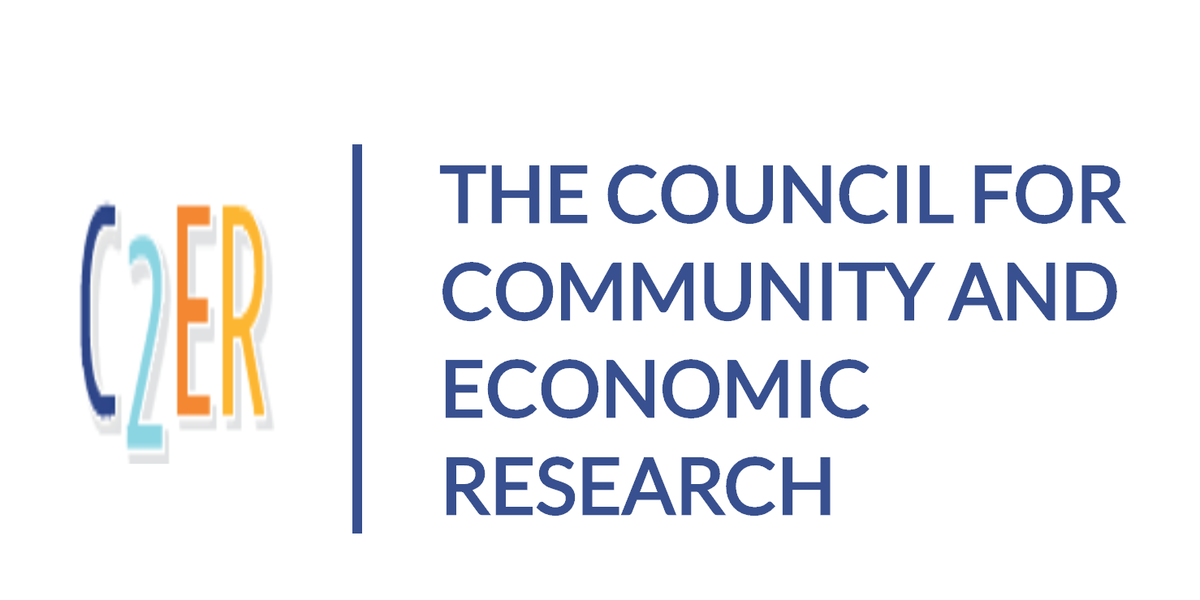
Much of that trend is driven by the city's white-hot housing market, which has been booming for the past five years and shows no sign of easing up.
The C2ER found that the cost of living in Colorado Springs is 3.6% above the national average, an increase is being driven by the housing and transportation sectors with housing being 5.6% above the national average and transportation 11.6% above the national average.
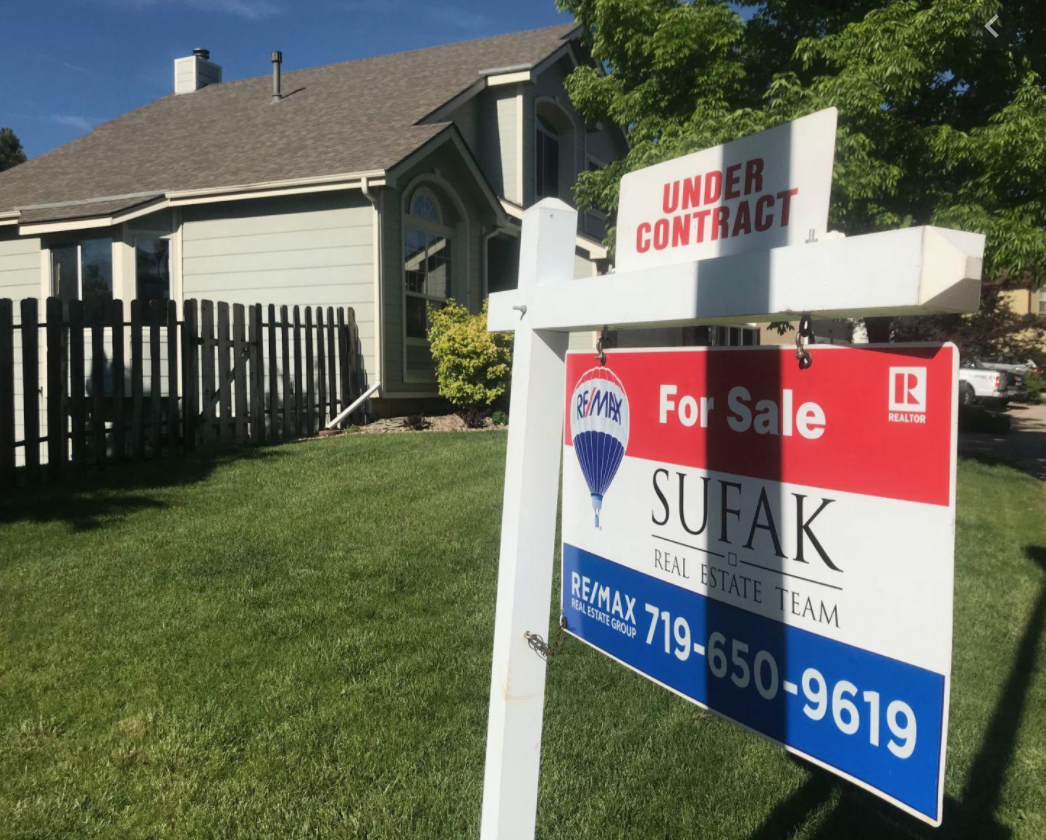
So why, despite the pandemic, does it keep costing more to live in Olympic City, USA?
Experts say that Colorado Springs remains a popular location for people moving from Denver and other cities where housing costs are even more expensive. Builders can't keep up with the housing demand; that, and rising costs for construction materials, adds to the expense.
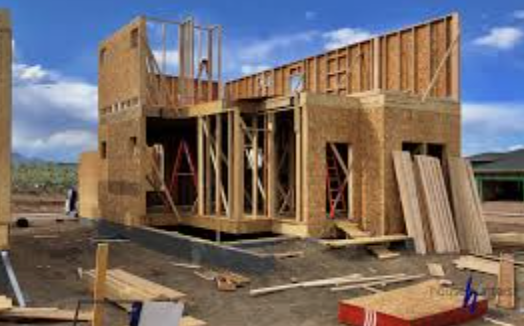
The C2ER also found that transportation and utility costs are rising in Colorado Springs. For example, gas prices fell just 5% compared to the national average of 19%.
Cecilia Harry, chief economic development officer for the Colorado Springs Chamber of Commerce, said cost of living is only one of several factors involved in people's decision to move to the city, and that a high cost of living isn't all bad.
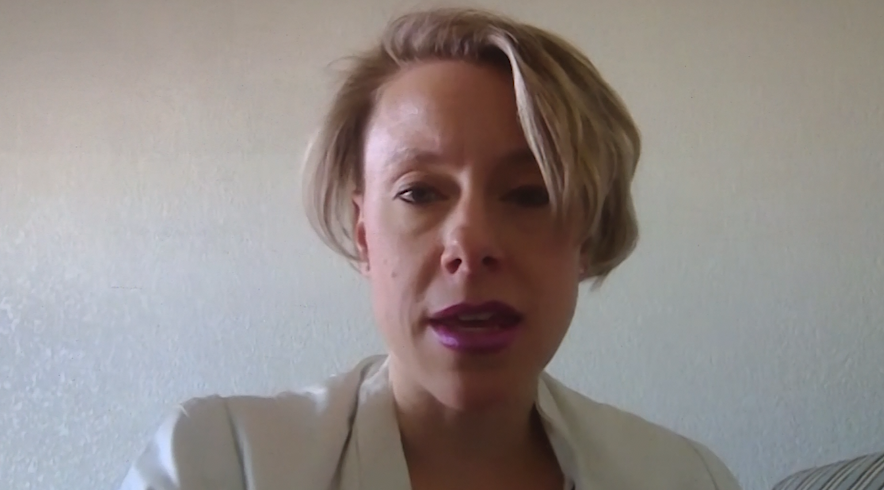
"It's not helpful for it to continue to climb over time," she said. "But again, we have to take into account that we are a very desirable place to live right now. And we are attracting talent, and talent from higher-cost areas of the country."
The situation is making affordability more difficult for lower-income residents who have lost jobs or receive lesser pay during the pandemic, and for people who are struggling to pay rent or mortgages.
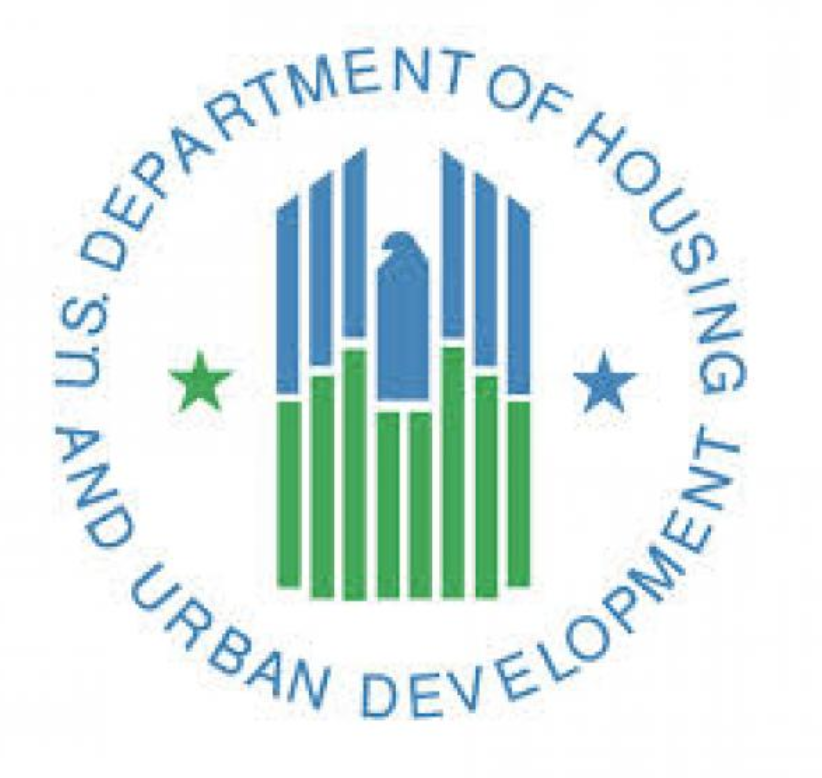
But Steve Posey, the city's program manager for federal housing funds, said the situation hasn't been as bas as expected -- so far.
"One of the positive things about the strong housing market is we have a lot of affordable housing activity happening at the same time that all of this market rate is happening," he said.
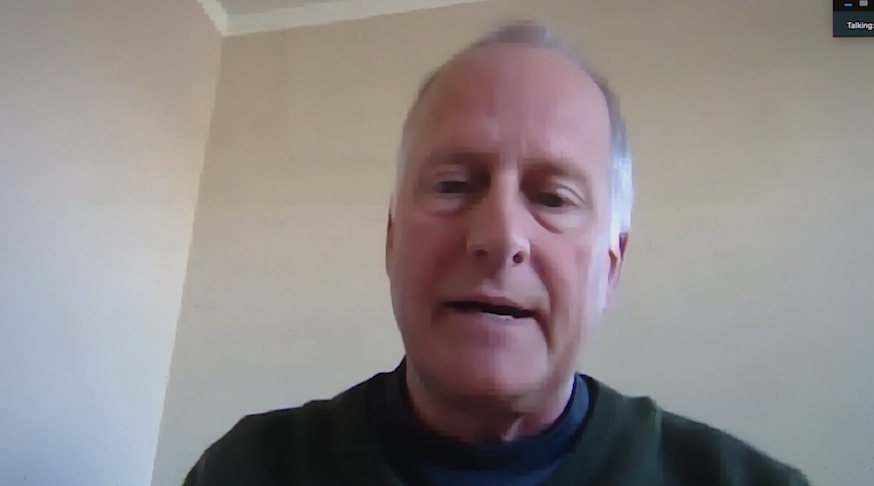
Posey said the city has received an increase in federal funding from the U.S. Department of Housing and Urban Development. Some of that increase is from CARES Act pandemic recovery funds and the city is spending some of it on programs to help low-income residents.
Among the programs: Helping people to avoid evictions, financial assistance to small businesses that have significant numbers of low-income customers, preventing homelessness and providing more help for homeless families.
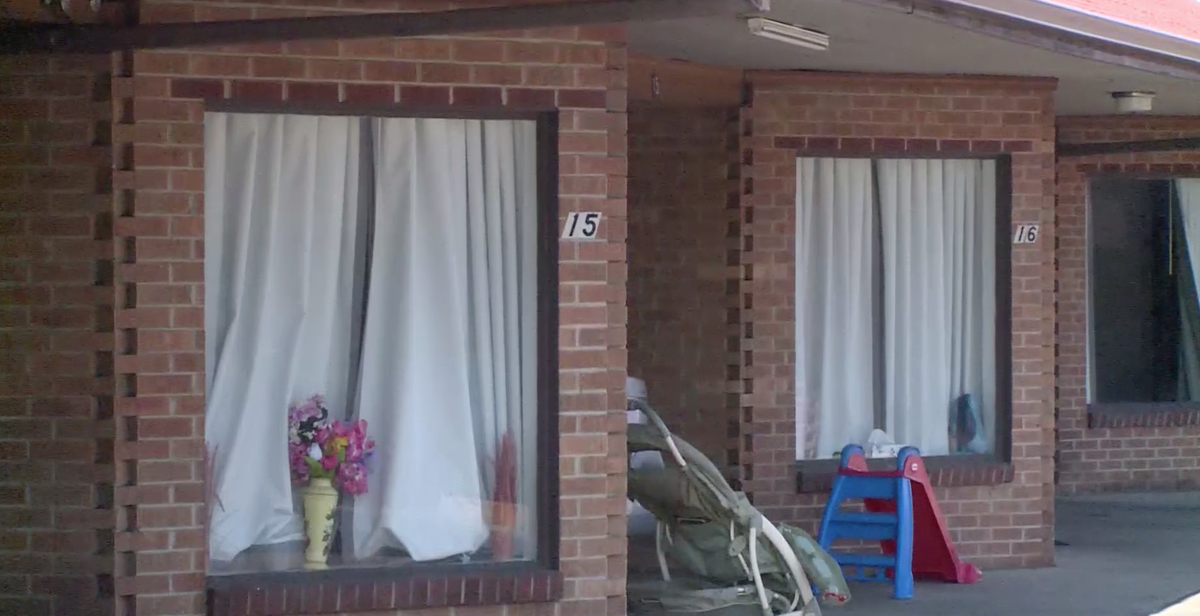
The city has received $10 million from HUD, double the annual allocation of around $5 million.
The situation could worsen in January, however, when a statewide moratorium on apartment evictions expires, and with no decision by Congress yet on a second round of stimulus payments to citizens business owners.
